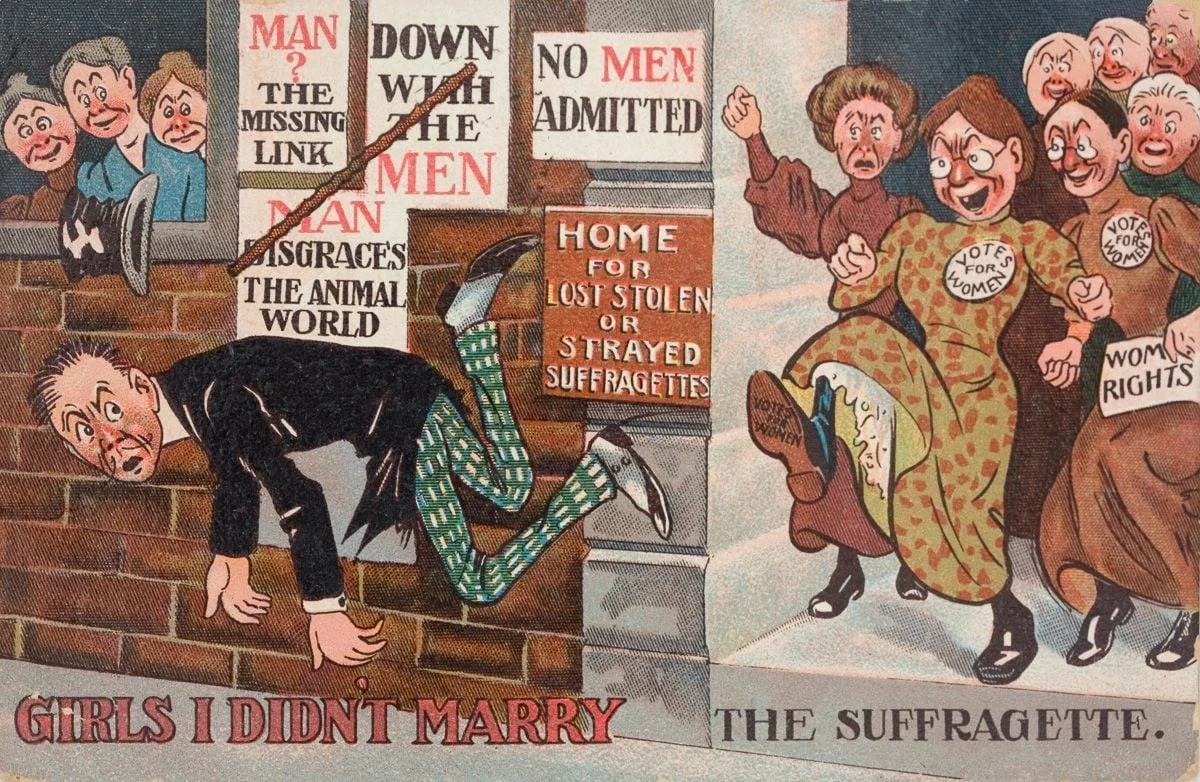- cross-posted to:
- [email protected]
- cross-posted to:
- [email protected]
deleted by creator
Maybe the irony style that hovers between post-irony and meta-irony went over your head.
I did very cool things like build refactoring tools for spreadsheets—but the only thing people generally cared about was telling me over and over that spreadsheets are not programming languages. And it never became clear why that is. Argumentation that could easily be refuted (yes, spreadsheets are Turing complete, thank you very much) did not help in any case: Saying that spreadsheets are code is outside of the Overton window of acceptable PL opinions, I learned over and over again.
So the way we construct what is a programming language is social, groups decide what is in and out, and if you are out, like spreadsheets, and thus like in early in your career, you cannot participate in the world of PL. If we want to study this phenomenon, we cannot do that in the realm of PL itself, you will need theories about how social constructs work, and that is where feminism can help!
This is excellent, at least for beginners (a bit too obvious and derivative for me).
deleted by creator
The abstract:
Two critical and interrelated questions regarding the design and study of programming languages are:
- What does it mean to design a programming language? and
- Why does minimal demographic diversity persist in the programming language community?
In this paper, we present feminism as a philosophical lens for analyzing the programming languages field in order to help us understand and answer the motivating questions above. By using a feminist lens, we are able to explore how the dominant intellectual and cultural norms have both shaped and constrained programming languages.
A key contribution of this analysis is the explanation of how marginalization in the programming language community limits the intellectual and demographic makeup of the field.
We see this paper as an invitation to everyone in the programming languages field to deepen our collective understanding of the forces shaping our field. Our goal is to illustrate opportunities for more inclusive practices that will introduce greater diversity to the design of programming languages and the demographic makeup of the programming language community.




